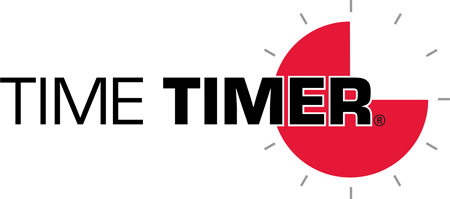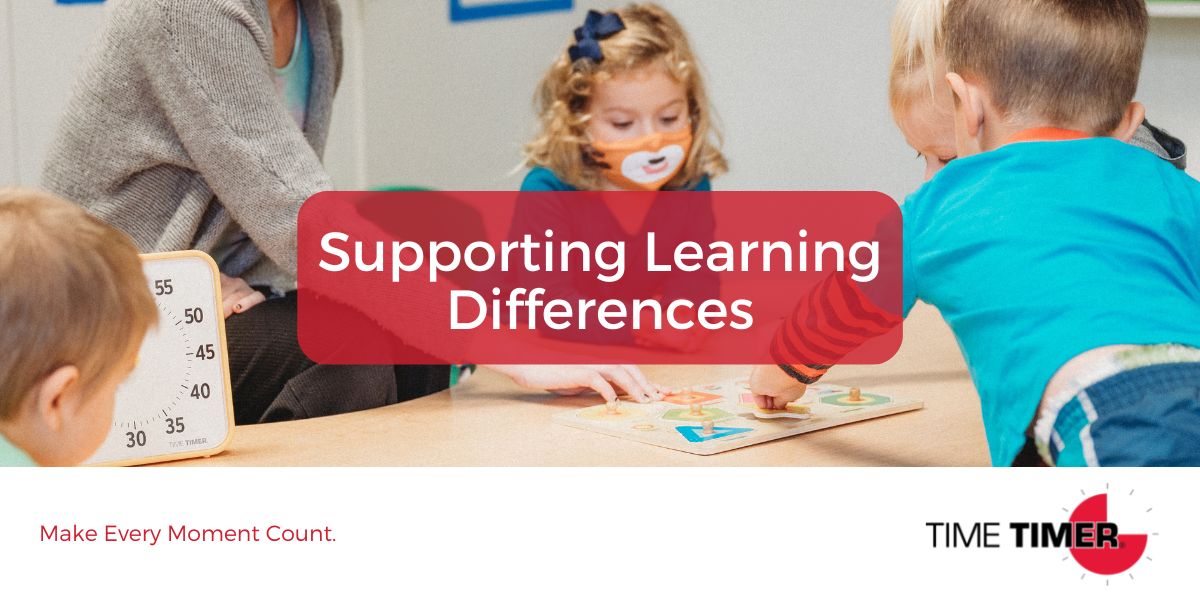October is all about supporting and celebrating learning differences with ADHD Awareness Month, Dyslexia Awareness Month, and Learning Differences Awareness Month.
What are Learning Differences?
Learning differences are the diverse ways that we learn and interact with the world around us. Learning differences include ADHD, dyslexia, dyscalculia, dysgraphia, and executive functioning issues.
Executive function refers to our ability to plan ahead, focus our attention, remember details and instructions, and handle multiple tasks.
Guest Posts this October
We look forward to featuring our guest bloggers in October. We hope you’ll join us over the next month in deepening understanding of learning differences and how to support these learning differences for yourself and/or offer support to family members, friends, colleagues, and community members.
Throughout the month, our guest bloggers will explore the following:
- Decision-making and task initiation with ADHD
- ADHD in healthcare
- Working remotely with ADHD
- Signs and symptoms of dyscalculia
You can also read our recent blog post on early indicators of dyslexia in young children.
Stay tuned to the Time Timer blog for our incredible line-up of guest posts in October. Plus, we want to hear from you! We invite you to share your experiences with learning differences and what you have found most supportive for you or your loved ones on our social channels.

